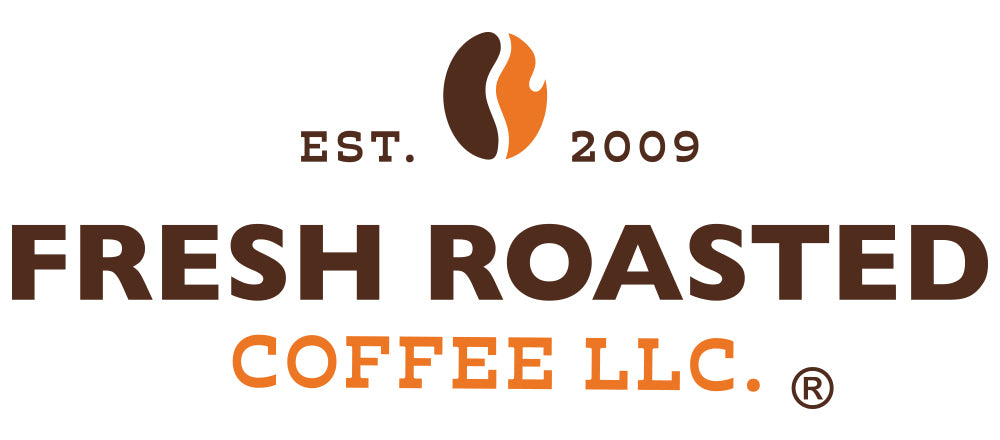Espresso for Dessert, Decolonizing Coffee, and WBC Preparation

-
Serving an after-dinner espresso is good for business
By Benjamin Mitchell for newGround“The after-dinner espresso is a tradition born in Italy – the birthplace of modern espresso. The Italians also created the affogato, a dessert in which espresso is poured over ice cream or gelato. The tiramisu, or the ‘Tuscan trifle’, is another Italian invention, which is currently enjoying its moment in the spotlight.”
continue reading -
What does it mean to “decolonise” the coffee industry?
By Peter Gakuo for Coffee Intelligence“For some, the coffee industry’s social sustainability goals are not ambitious enough and the whole supply chain must be decolonised: a scenario in which control over the final product is put back into the hands of those who produced it. This is because, as it stands, most farmers relinquish control and ownership of coffee immediately after harvesting, handing it over to co-operatives and processors to get ready for the next crop. Farmers have been pigeonholed as producers, and the places their coffee is exported to are the consumers.”
continue reading -
Workers need this much coffee to get through the day, study says
By SWNS for New York Post“The average person spends nearly 50 hours a year purchasing beverages at the café during the workday. A survey of 2,000 on-site employees found it takes about 16 minutes to leave one’s desk, buy a drink and return, but with three such trips a week, employees end up losing an entire work week per year. However, having a favorite beverage in hand can help kick-start one’s day.”
continue reading -
Do World Barista Championship competitors always need to practice with official equipment?
By Thomas Wensma for Perfect Daily Grind“Like many other competitions in the coffee sector, the WBC relies on a number of sponsors to provide equipment, products, and funding to run the event. For competitors, this means they have to use specific espresso machines and grinders, as well as any other particular products provided to them. There are clear benefits to this. The most obvious is that bringing your own espresso machine or grinder to the competition is costly, not to mention a logistical nightmare. However, not all World Barista Championship competitors have equal access to official equipment prior to the competition. This means they must practise with different machines and grinders. So, does this put them at a disadvantage to other baristas?”
continue reading

Leave a comment